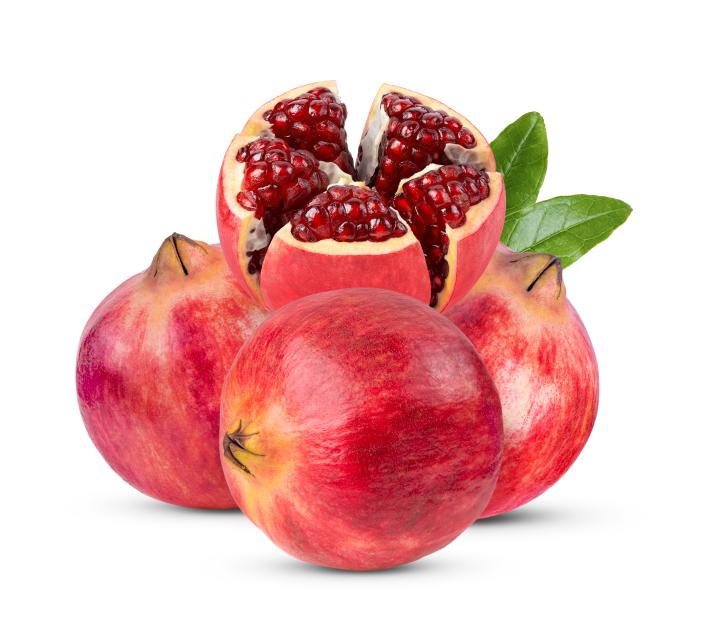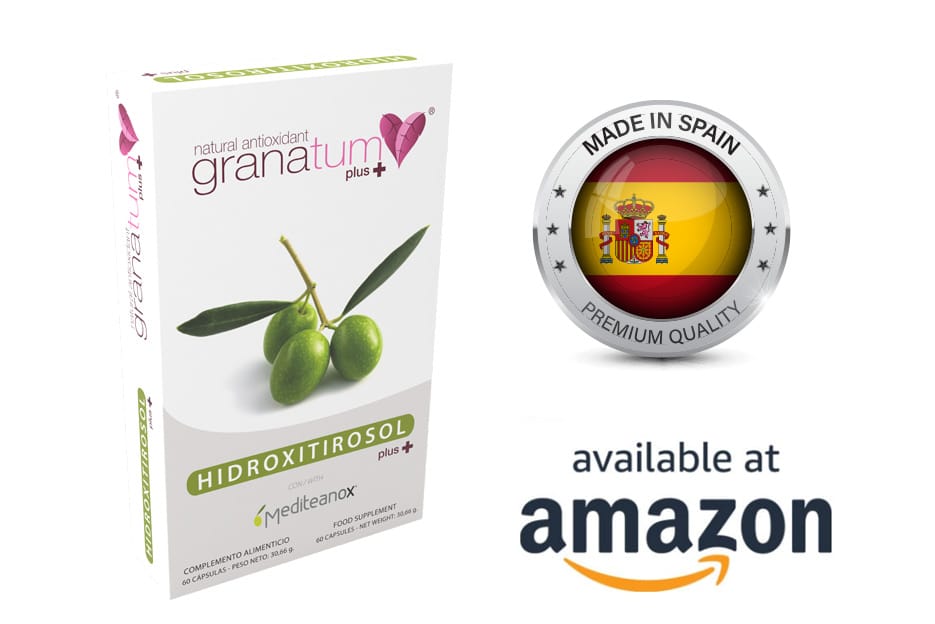
A recent study reveals the potential effects of punicalagin to alleviate high-fat diet-induced glucose and lipid disorders, liver injury, and insulin resistance.
Insulin is a hormone produced by the pancreas that helps glucose in the blood enter cells in muscles, fat, and liver, where it is used for energy. Insulin resistance occurs when muscle, fat, and liver cells do not respond well to insulin and cannot absorb glucose from the blood efficiently. As a result, the pancreas produces more insulin to help glucose enter the cells. This is the mainline for a variety of metabolic-related diseases, including hypertension and diabetes.
Pomegranates are a rich source of polyphenols and are the main phytochemicals present in pomegranate peels, which mainly include punicalagin. During the metabolism of gut microbiota, punicalagin mainly generates urolithin A.
This molecule can significantly improve the anti-inflammatory activity, thereby improving the function of the intestine and the growth performance of animals. Recently, at the Central South University in China, Yuan Cao and co-workers have evaluated the anti-insulin resistance effects of punicalagin on high-fat diet-induced insulin resistance.
Their results showed that punicalagin extracted from pomegranate could improve high-fat diet-induced insulin resistance, liver glycolipid metabolism disorders, and liver injury. The mechanism may inhibit an inflammation-related pathway, regulating the gut microbiota and positively improving the liver.
This study has provided new evidence to understand the mechanism of the development of insulin resistance, which has significant clinical importance for the development of new therapeutic approaches.
Article: A new way for punicalagin to alleviate insulin resistance: regulating gut microbiota and autophagy. http://dx.doi.org/10.29219/fnr.v65
